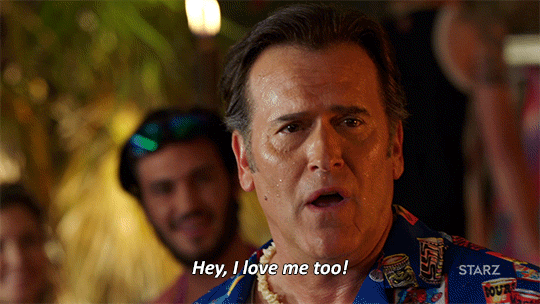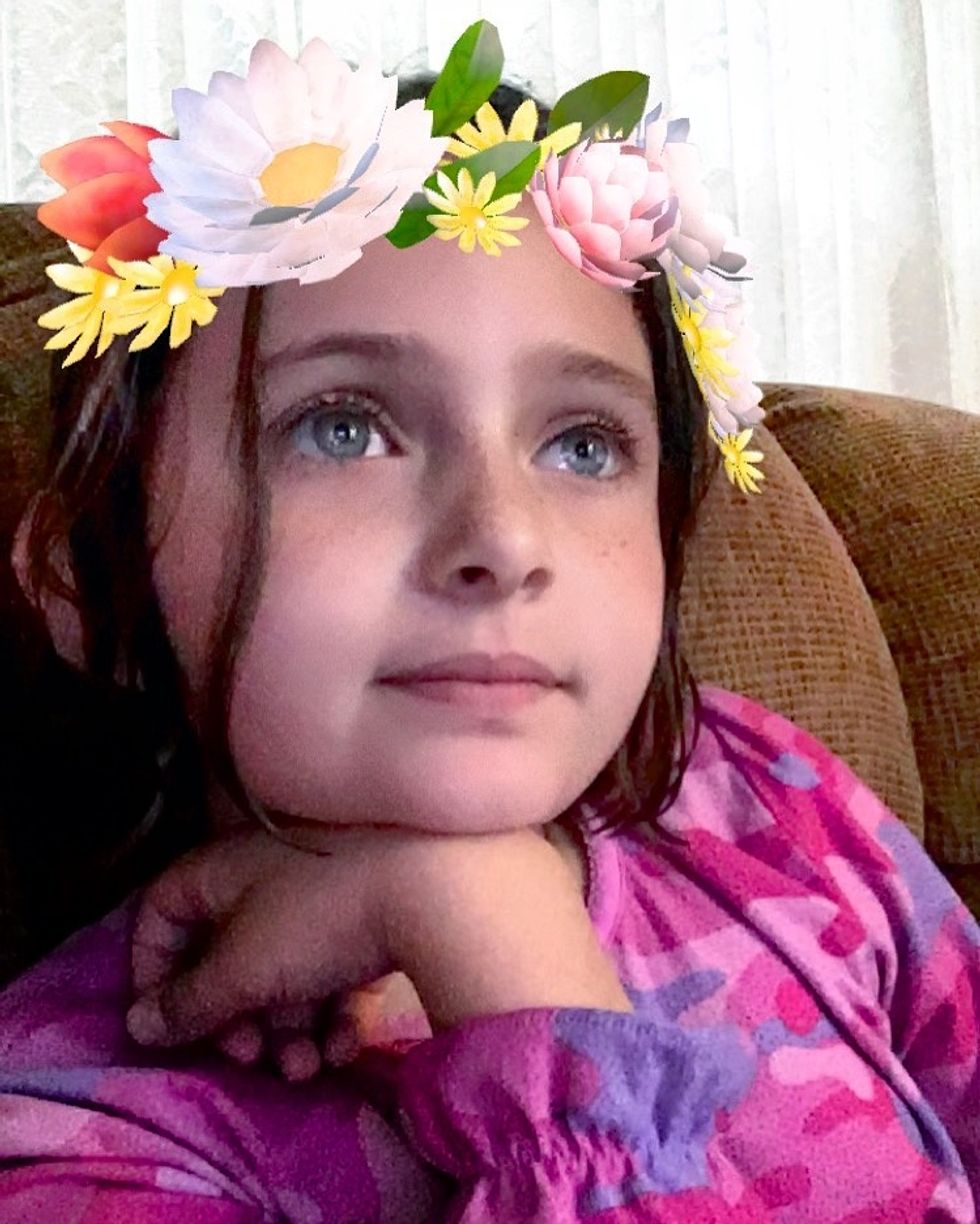What it Means to Be Agnostic
The art of having beliefs set in generalizations
Agnostic is a belief where those who attach themself to the name understand they do not know the secrets of the universe. However, they do not oppose the idea of a god or a certain divine figure. As someone who identifies as agnostic, I want to share what it means and how it has affected my way of life.
I personally do not belong to a larger branch of religion, but I understand that some do and that I am not an expert on the religion itself. I only know and understand what I believe. I do not speak for a church or any group of people; my words should not be taken as universal fact. When asked about supreme gods or other spiritual beings, my main takeaway is that everything is in the realm of possibility. I don't submit to a higher being, but I also enjoy the idea that there could be one. I find comfort in the hope that something is out there, even if I am not sure exactly what it is.
I have discovered that agnosticism isn't a fixed belief where guidelines exist. One agnostic could believe in numerous gods, while another could only believe in one. Agnostic is an umbrella term for those who enjoy having faith in the universe without committing to something specific.
Regarding larger-than-life questions like the following - "how did the universe begin," "where do people go when they die," and "how will the universe end" - I take a more loose stance. I believe that science cannot explain everything and that specific evidence is simply unattainable. I subscribe to the Big Bang theory while also recognizing that it comes with its own faults. A term I use to describe the place people go after death is "the after place." Looking at it as more of an individualized space, "the after place" is the place you go after death, representing whatever you want it to be. For those who believe in heaven, "the after place" becomes heaven. For those who believe in reincarnation, "the after place" is their life after reincarnation. As for the universe ending, I honestly don't know. However, it is not up to me and whoever is watching over us hopefully has a plan.
From my understanding, agnostics don't have written moral guidelines such as The Bible or The Quran. When it comes to acting morally, I trust that we should know what is right and what is wrong. You just follow your moral compass and try to be a decent person. Agnostics seem to understand that violence is wrong when unnecessary, bringing up the question of when violence is necessary or unnecessary. In my perspective, there are so many civil rights moments that only promoted change once violence was involved. When fighting for something right, violence is more necessary than not, like in self-defense for one's physical or mental self. In addition to this, the reason not to produce unnecessary violence is a bit vaguer. There isn't the threat of something dooming your chances at achieving peace in the "after place" if you act immorally. I position that the universe is watching and that goodness should come from yourself. You shouldn't only be a good person because a god is telling you--you should want to be a good person.
Since I do not live next to an agnostic church, mediation is my way of celebrating my religion, even though many agnostics don't. I use mediation to connect with myself as well as the universe. In addition, it allows me to refocus to ensure that I am on the right path. I view the right path as acting kindly alongside an internal moral code. I like to feel connected to others and nature because I feel that we all are connected somehow. Overall, I think the concept of agnosticism is a beautiful thing for those who have beliefs but weren't raised with a consistent religion. It is interesting that numerous people with the same general beliefs can perceive it in such unique, individualized ways.
















 Jasey Gearhart
Jasey Gearhart



























